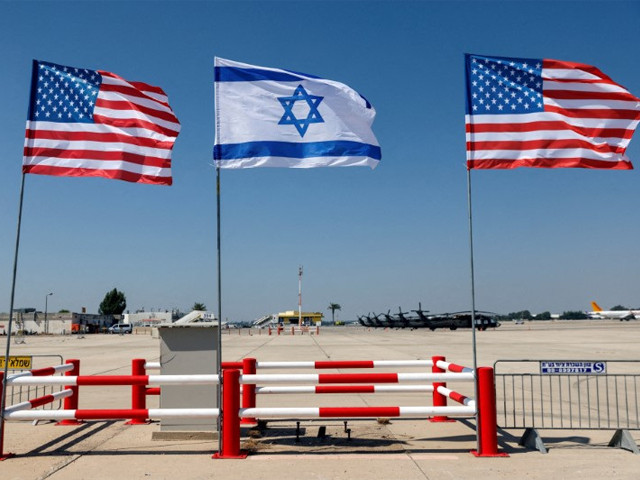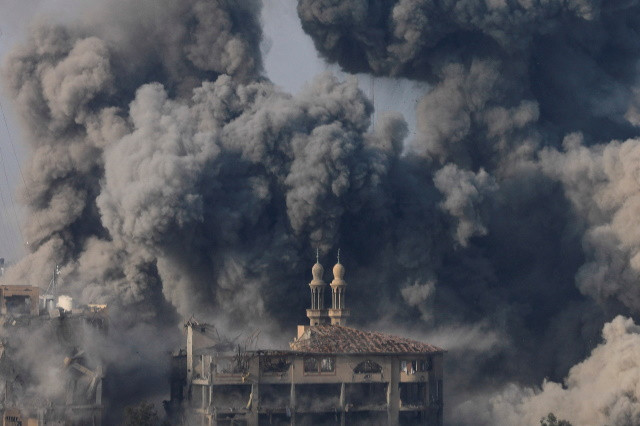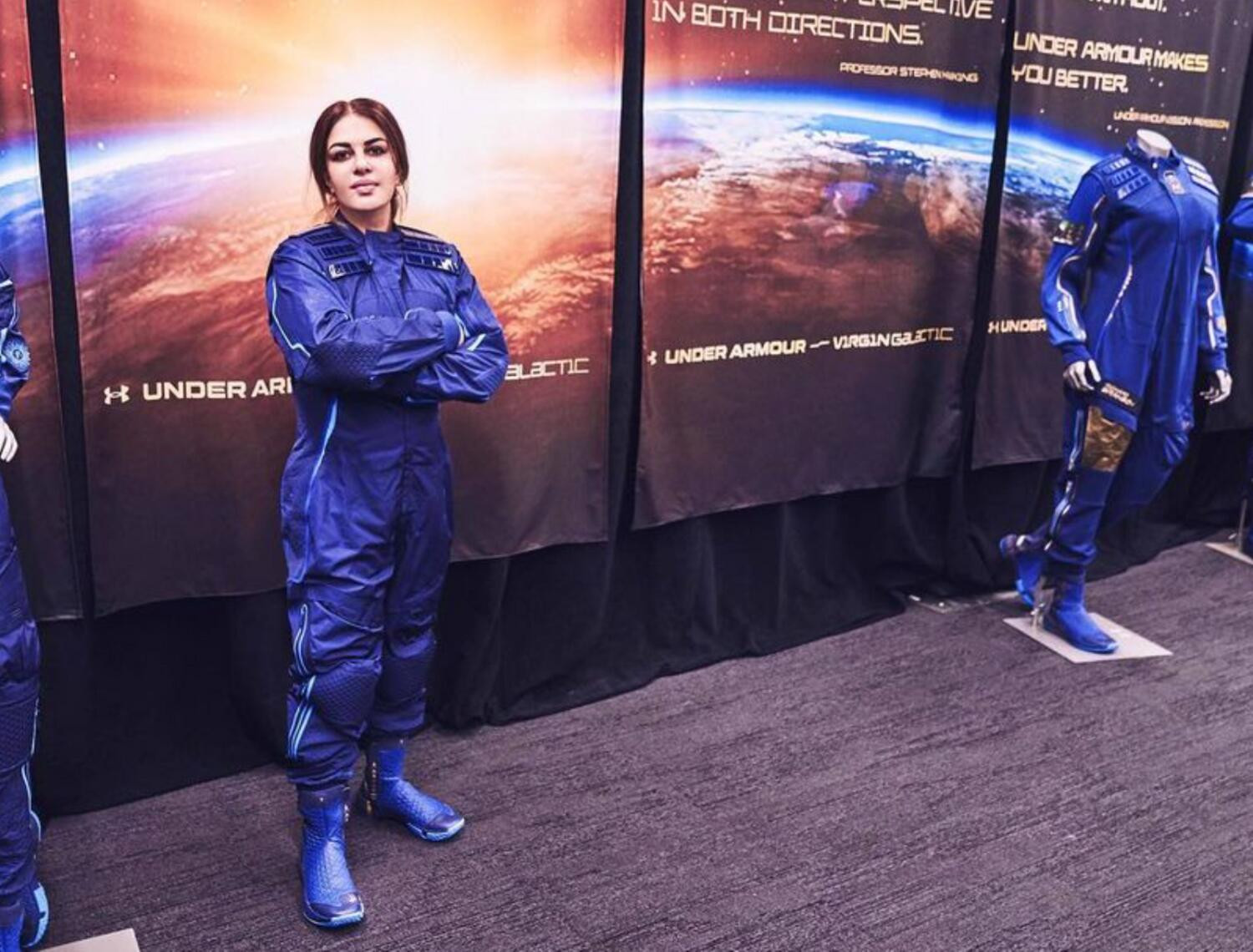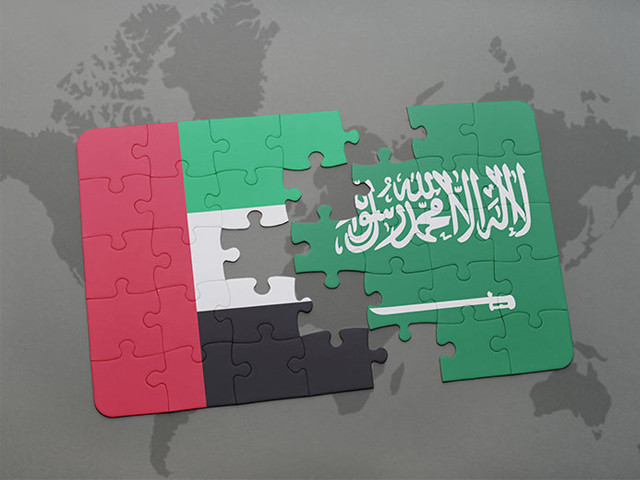
Western hoax: Human rights, liberty, democracy
Experiencing anxiety involves being overwhelmed by a surge of apprehensive emotions, leading to a loss of control over one's immediate environment and impeding the overall comprehension of surroundings and the world. This upheaval transitions one's life from a state of order to disorder, resulting in a void that gradually disrupts focus and clarity throughout the entire experience.
This phenomenon, while inherently human, takes on a broader perspective when delving into the realm of international relations and the functioning of states. For readers well-versed in these concepts, it is apparent that states often exhibit human-like traits:selfishness, arrogance, and narcissism. While there may be a slight exaggeration in characterising them in this manner, it is undeniable that the West, particularly, has displayed analogous behaviour. This behaviour has become increasingly pronounced as the West perceives a decline in power and the erosion of the previously unchallenged balance of power in the unipolar sphere it once dominated.
Unfortunately, Gen Zs and millennials have seen a world of rules growing up. The rules included terms like democracy, liberty and freedom. These terms were derived from years and years of philosophical enlightenment. However, when the western world realised that it was losing the game, it suddenly, or not so suddenly, started acting against the values it preached for over 300 years.
The anxiety within the framework of the western world intensified due to three pivotal events. Firstly, the onset of COVID-19 not only affected the entire world but also dealt a substantial blow to the principles of globalisation. The second event was the conflict in Ukraine, which inflicted significant damage on the notions of international law and order. Originally crafted to counter the Soviet Union and the ideology of communism, these rules now face a world where the once-existing superpower no longer holds sway. Consequently, the western world finds itself in an open, unipolar environment, allowing it the flexibility to disregard the very rules it had meticulously established. The third event contributing to this heightened anxiety is the conflict between Palestine and Israel.
The conflict in Ukraine posed a significant setback to the rules-based world, but the Israel-Palestine conflict on October 7th dealt a devastating blow, as it involved allegations of war crimes and genocide — clear violations of the established rules-based order. Notably, the West granted Israel unequivocal permission to 'defend' itself, signifying a stark declaration amidst the prevailing vacuum and anxiety. In this scenario, the western world has, in essence, divorced itself from the very rules it once painstakingly created, rendering concepts like freedom, human rights, and justice seemingly hollow, akin to a mere facade.
However, the question remains: why did the western world relinquish the meticulously crafted world of rules it invested substantial effort in constructing?
While it might be tempting to blame the fact that the western world needs therapy but the 'therapist', which is basically the United Nations, is not available, and then this is what a state of anxiety does to states. But if we look beyond it, it is because the West does not think of the Arabs or the East as a whole of value to uphold the rules they created. Hold on, I am not denying the fact that the United States of America is not a superpower anymore; it certainly is and is here to stay. I am trying to discuss the spectrum of steps that it is taking to bring itself down slowly and steadily.
The prevailing chaos witnessed globally, particularly in the Middle East, can be attributed to the western world's attempt to impose a set of rules grounded in realism, individualism, and pragmatism. These principles, however, diverge significantly from the cultural and religious values inherent not only in the Middle East but also in Africa. It is this misalignment that has impeded the prospects for prosperity in these regions.
Furthermore, the chaos witnessed globally, especially in the Middle East, is not merely a consequence of external forces imposing incompatible rules but also stems from the misalignment of western principles with the cultural and religious values inherent in these regions. This misalignment has impeded the realisation of shared prosperity, highlighting the importance of cultural sensitivity and a nuanced approach to international relations.
In essence, the narrative weaved through individual anxiety, global events, and the actions of states invites reflection on the evolving landscape of international relations. It prompts us to scrutinise the motivations, consequences, and potential paths forward in a world where established rules are being challenged, redefined, or even discarded.




COMMENTS
Comments are moderated and generally will be posted if they are on-topic and not abusive.
For more information, please see our Comments FAQ